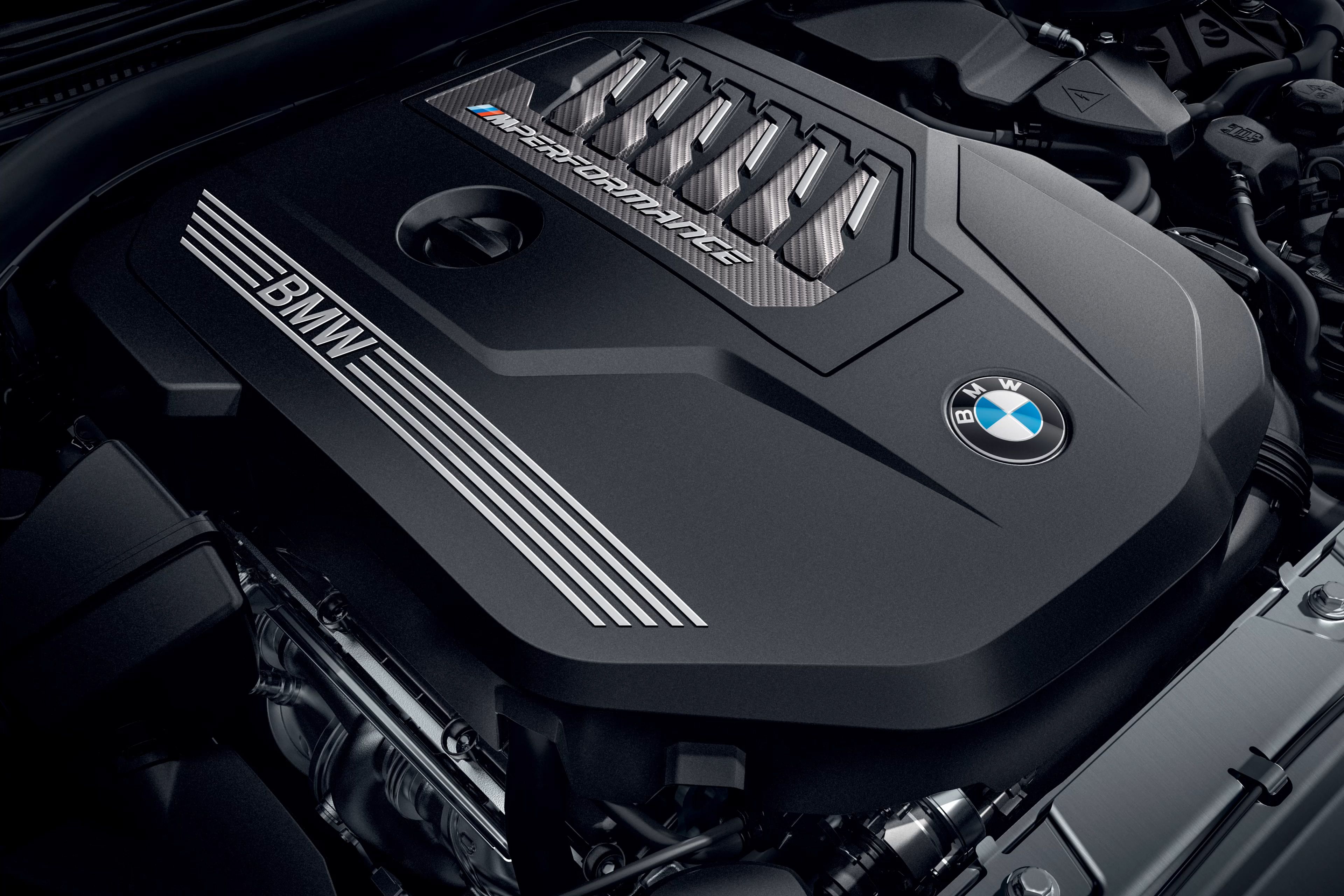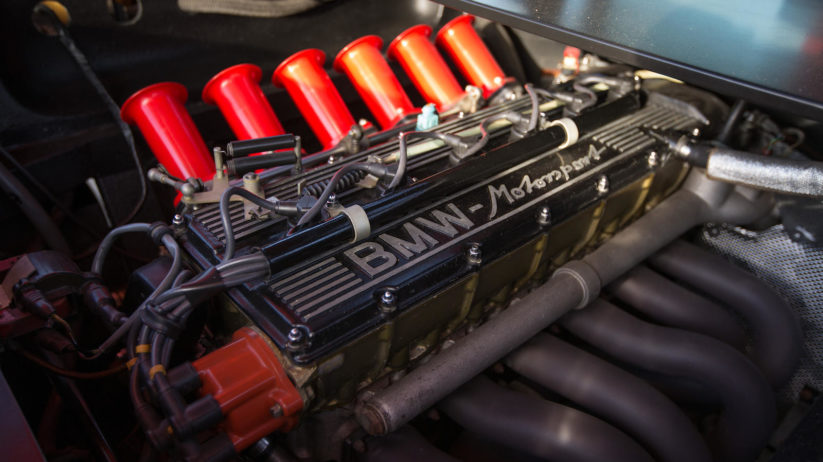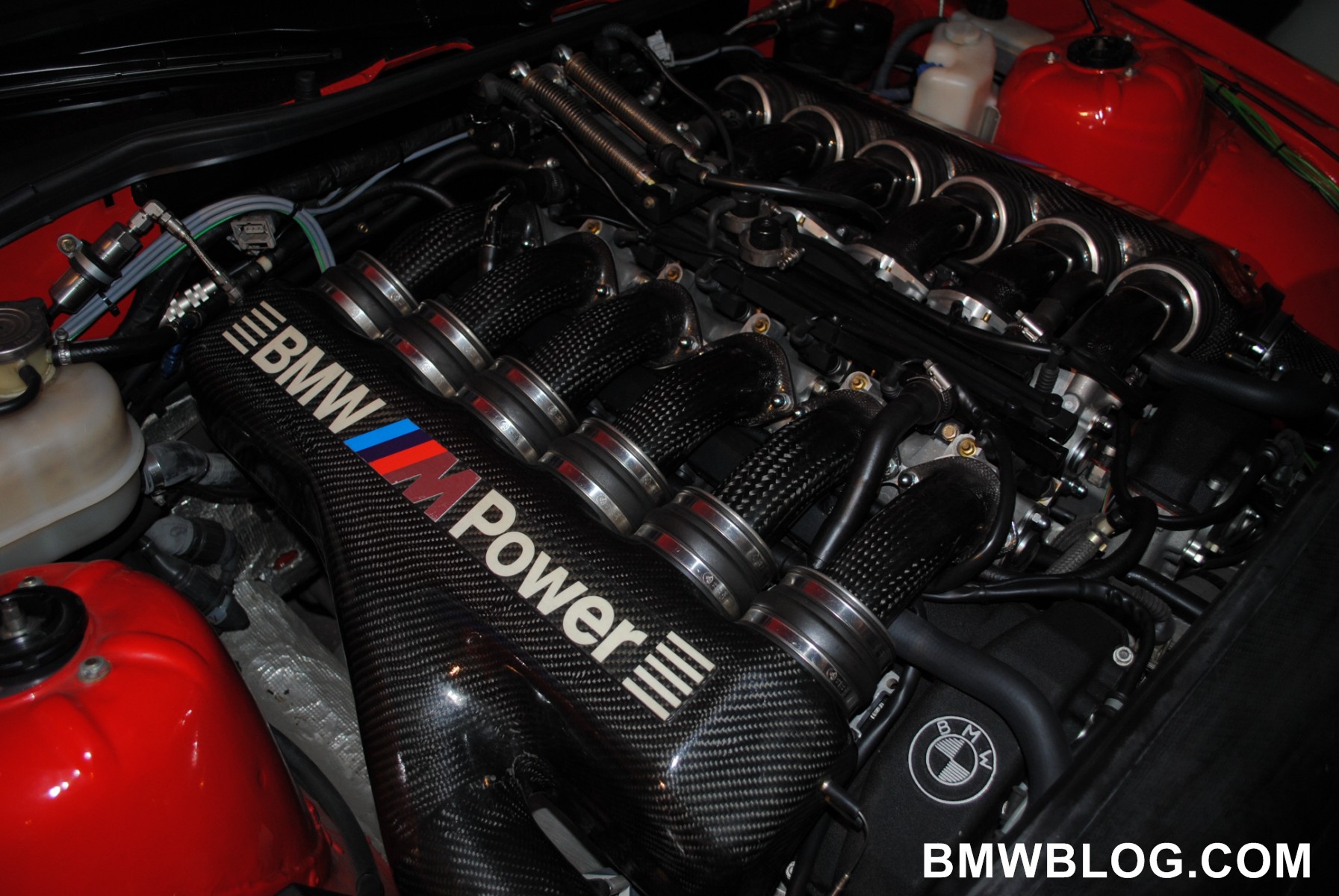A New user's Overview to Picking the Right BMW Engine for Your Requirements
A New user's Overview to Picking the Right BMW Engine for Your Requirements
Blog Article
Introducing the Intricacies of Next-Generation Power Units: a Deep Study Advanced Engine Layouts and Technologies
As we stand on the precipice of a brand-new period in transportation, the details of next-generation engine styles bid us to explore the advanced modern technologies and advancements that promise to redefine the driving experience. Digging much deeper into the realms of discharge control, smart engine administration systems, and the perspective of power unit development, we find ourselves on the cusp of a makeover that promises to improve the landscape of mobility as we understand it.
Development of Engine Products

The change in the direction of progressed engine products has likewise allowed designers to make engines with greater power outputs while keeping gas performance criteria. For instance, making use of light-weight products reduces the overall weight of the engine, resulting in enhanced fuel economic situation and lower emissions. In addition, advancements in materials technology have permitted better thermal monitoring within engines, causing increased dependability and long life.
Turbocharging and Supercharging Technologies
How do Turbocharging and Supercharging Technologies change engine efficiency and performance in contemporary automobiles? Turbo charging and turbocharging are modern technologies that substantially enhance engine efficiency by increasing the amount of air consumption into the burning chamber. Turbocharging accomplishes this by utilizing a generator driven by exhaust gases to pressurize the consumption air, while supercharging makes use of a belt- or chain-driven compressor to accomplish the same impact.
These technologies make it possible for smaller, more fuel-efficient engines to produce power equivalent to larger ones, referred to as downsizing. By compeling more air right into the cylinders, supercharging and turbocharging improve burning efficiency, leading to increased horsepower and torque outcome without a significant boost in engine size. This causes better acceleration, lugging capacity, and total driving performance.
Additionally, turbocharging and supercharging add to enhanced fuel effectiveness by permitting the use of smaller engines that take in less gas under normal driving conditions - bmw engine. This combination of boosted efficiency and effectiveness has made turbocharging and supercharging indispensable components of numerous contemporary engine layouts
Discharge Control and Environmental Impact
With enhancing worldwide worries regarding air quality and ecological sustainability, the implementation of discharge control innovations in lorries plays an important function in decreasing damaging contaminants launched right into the ambience. Modern lorries are outfitted with innovative emission control systems that aid reduce the ecological influence of vehicle procedures. Catalytic converters, for example, are made to transform poisonous gases such as carbon monoxide gas, nitrogen oxides, and hydrocarbons into much less dangerous materials like co2 and water vapor.
Moreover, innovations in engine modern technology, such as the combination of exhaust gas recirculation systems and discerning catalytic reduction, have considerably contributed to lowering more information exhausts. These innovations operate in tandem to maximize burning effectiveness and reduce the launch of harmful toxins right into the air. Furthermore, the growth of hybrid and electrical automobiles represents an important step in the direction of minimizing the total ecological footprint of the transport industry.
Intelligent Engine Management Systems

Furthermore, these systems make it possible for lorries to fulfill rigid exhausts criteria without endangering why not find out more efficiency, supplying a much more eco pleasant driving experience. The integration of expert system and artificial intelligence abilities in engine administration systems continues to press the borders of what is possible, bring about further enhancements in performance, reliability, and general vehicle performance. bmw engine. As vehicle technology developments, intelligent engine monitoring systems will certainly play an important duty in shaping the future of transportation in the direction of a much more efficient and sustainable instructions
Future Trends in Power Device Development
As smart engine management systems lead the way for improved control and optimization in modern cars, future fads in power unit development are poised to redefine the landscape of vehicle propulsion modern technologies. One of the crucial trends driving development in power system advancement is the change in the direction of electrification. With a raising emphasis on sustainability and lowering carbon emissions, hybrid and electric powertrains are becoming more prevalent in the vehicle industry. These alternative power sources offer improved efficiency and performance while lining up with stringent environmental regulations.
An additional considerable pattern is the integration of innovative materials and manufacturing strategies. Lightweight materials such as carbon fiber and light weight aluminum are being used to decrease general car weight, boosting gas effectiveness and performance. In addition, improvements in 3D printing and additive manufacturing are enabling the manufacturing of complicated engine components with greater precision and longevity.
Furthermore, fabricated intelligence and machine understanding are playing a crucial duty in optimizing power device performance. These modern technologies permit real-time monitoring and flexible control, leading to much more reliable and reliable power distribution. In general, future fads in power system growth are geared towards performance, performance, and sustainability, driving the automobile sector towards a new age of propulsion technologies.

Verdict
In final thought, the innovations in engine materials, turbocharging, exhaust control, and smart management systems have paved the method for next-generation power devices. The intricate styles and technologies in modern-day engines showcase the ongoing development of vehicle modern technology.
Discovering the progressive developments in engine materials has been essential in improving the efficiency and effectiveness of contemporary engines. Over the years, the advancement of engine products has actually played a crucial role in pressing the borders go to my blog of what engines can accomplish.The change in the direction of progressed engine products has actually additionally made it possible for designers to create engines with greater power outcomes while preserving fuel effectiveness requirements.The implementation of intelligent engine monitoring systems in modern-day automobiles has actually transformed the way engines are controlled and optimized for efficiency and effectiveness. By gathering data in real-time and analyzing it with sophisticated formulas, smart engine management systems can adapt to driving designs, ecological variables, and engine wellness to take full advantage of power result while lessening gas usage and emissions.
Report this page